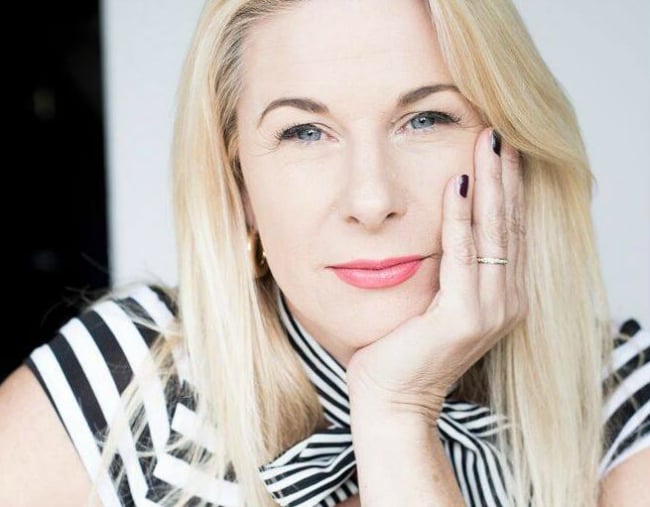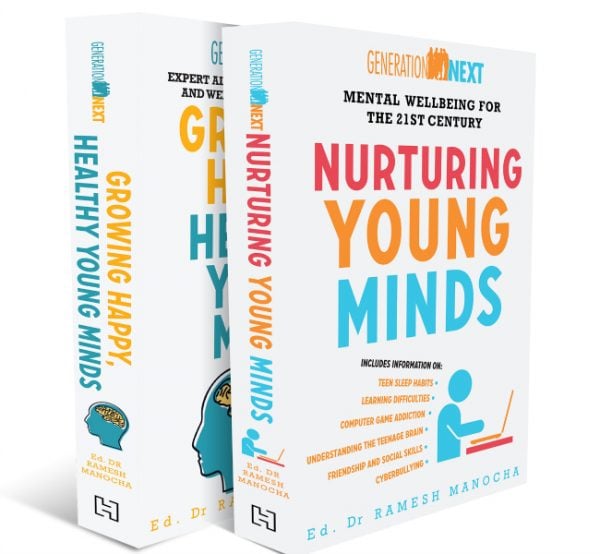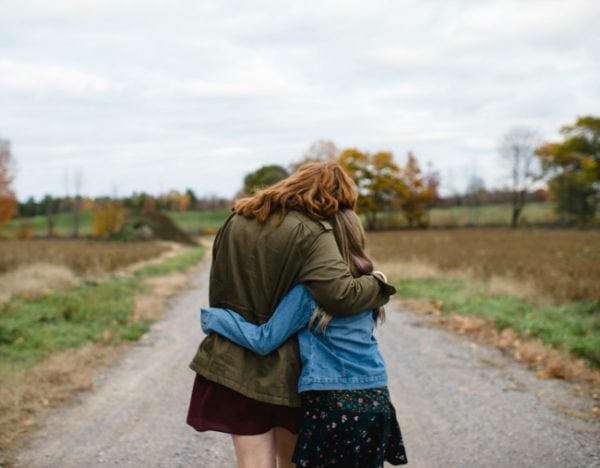

When my daughter was 14 I walked in on her cutting herself.
I freaked out. I screamed “What are you doing? Stop that now! Are you crazy?” She was distressed and embarrassed. My unfiltered reaction had shamed her. She started to weep and scream at me “Go away. Get out. Get out.” I didn’t know what to do.
I went into my own bedroom and collapsed in absolute despair, weeping. Nothing in my parenting experience had prepared me for this place where we had arrived.
We didn’t talk about this at mother’s group. I don’t remember this being in the chart of milestones. My toolbox was empty. As a parent I felt alone and isolated.
What had started as reckless behaviour in her early teens developed into self-harming behaviours, an eating disorder and then later anxiety, depression and suicidal behaviour. This was not the parenting journey I was expecting for my first born. These were my darkest years as a parent.
Living regionally I was even more disadvantaged because of the lack of appropriate youth mental health services for my girl. But it wasn’t just my daughter who needed help – I needed help too. I needed support. I needed to know that I could do this.
Recently, I read two books by a grassroots youth mental health organisation for young people called Generation Next. The two books are called Nurturing Young Minds: Mental Wellbeing in the Digital Age and Growing Happy, Healthy Young Minds. As I read them, I cried.
Created by Dr Ramesh Manocha, a Sydney University senior lecturer in psychiatry, medical practitioner, educator, author and researcher, Generation Next is a national education program aimed at educating professionals and parents about the mental health crisis facing our young people.






























































































